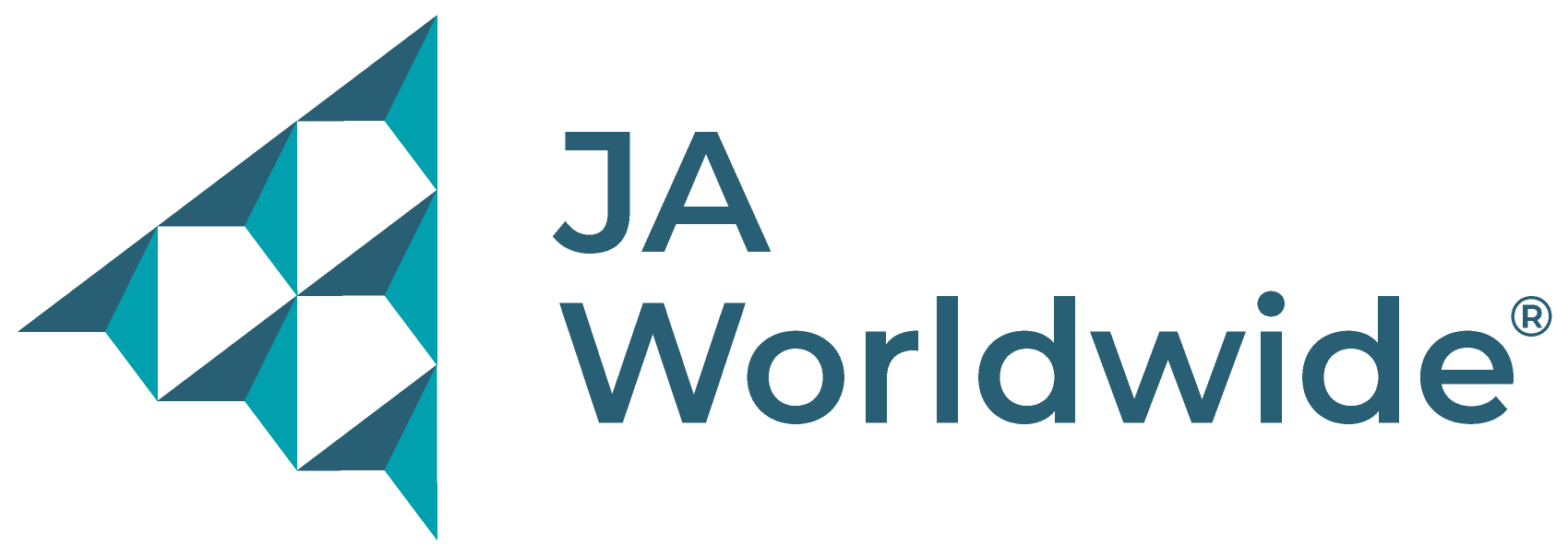Presenting the 2022 Virtual Global Exchange
The capstone element of the Young Voices For A Sustainable Future initiative is the Virtual Global Exchange. The event brings together the winning teams from each National Innovation Challenge. Each team creates a video to showcase their ideas for sustainable business models. An international audience of students and BASF mentors share feedback on each team’s ideas.
Following are the video submissions from the student teams that won their respective National Innovation Challenge in 2022.
Brazil
The student team Zero Two took on the challenge to deal with the 82 million tons of garbage generated per year in Brazil. While 3% of waste is recycled, the rest ends up in landfills and dumps. With their application Green Return, households are able to track progress in collecting and sorting garbage, and access a reward programme with partnering companies.
Greece
The students from Neos Marmaras, a tourist town in Halkidiki, Greece, are shocked by the amount of plastic liter discarded in the sea, that lead to the death of sea turtles and the proliferation of jellyfish. Involving the residents of the small town, the team created an app to help them learn more about waste management and allow them to notify the municipality when collection points are full. Thanks to a partnership with a local NGO, residents can earn and redeem reward points in local partner stores.
Hungary
The Green Devils have the ambition to disrupt current production and consumption systems, by introducing the EPS – Environmental Protection System. With the EPS, consumers and producers will be incentivized to favor environmentally friendly products rather than unsustainable products.
Indonesia
While Subang is the largest pineapple producing region in Indonesia, only the fruits are used, with pineapple leaves destroyed, burnt and leading to air pollution and contributing to global warming. The team at COVARSI created BIOPIC a fabric made of recycled pineapple leaf waste combined with natural dyes which is then processed into fashion materials with a touch of Indonesian Culture; namely, Batik. So far, the student company has successfully used 300 kilograms of pineapple leaf waste, contributing to the empowerment of 27 families.
Mexico
Vida Verde’s mission is to reduce pollution in the country, starting with their county in Altamira. Their business venture, “Green Life,” tackles the formation of clandestine dumpsites, by collecting plastic and aluminum waste, and selling it to recycling companies for the benefit of the community.
Nigeria
The Young Entrepreneurs of GSTC Garki in Abuja are part of a JA Nigeria Company Program. They have produced interlocking blocks from waste nylon (LDP) to use in paving walkways. They came up with the idea to source the waste nylon from their school premises, melt it and use it as a binding agent, mixed with fine sand to produce strong, durable, light and cheap interlocking blocks. The team has the ambition to reduce the effects of pollution in their country and the world at large, while tackling unemployment by providing new jobs in the communities.
Uganda
Green Pearl Investments is a student-led recycling company that turns plastic debris from the environment into useful everyday products that are safe, durable and affordable. Their most popular products include a self-irrigated flower pot with plastic bottles inside of the pot that keep water and fertilizers, providing the plant with sufficient quantities at all times.
Vietnam
Solutions For The Future is a group of entrepreneurial students who aim to tackle the effects of climate change on agriculture that they witness in their home province of Ben Tre. The team came up with an IoT tool to help farmers manage pest and insect damage to organic vegetables.
““We are very proud that we could take the next step in our project and test it in the school. Thank you BASF and JA!””
